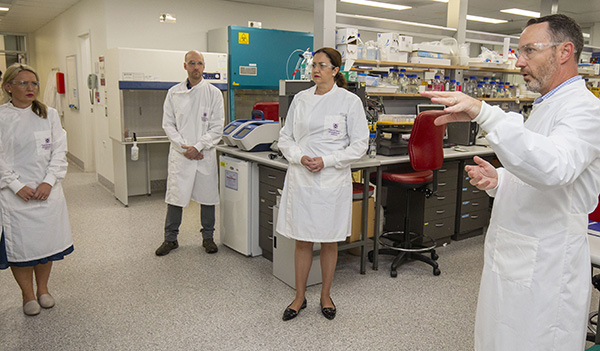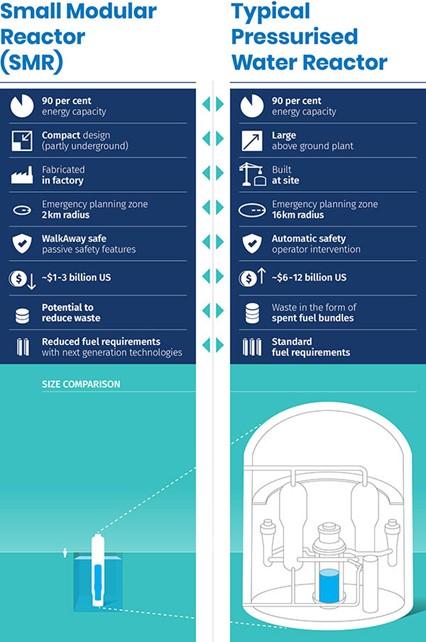A funding injection of up to $17 million for vital University of Queensland research could help cut the timeline for an effective vaccine for COVID-19 by six months.
The Queensland Government will allocate $10 million and the Australian Government has pledged $3 million to the project led by UQ’s School of Chemistry and Molecular Biosciences.
UQ is the only Australian organisation tasked by the Coalition for Epidemic Preparedness Innovations (CEPI) to develop a vaccine against the novel coronavirus, and the funding announced today is an important extension of CEPI’s ongoing financial support.
Queensland Premier Annastacia Palaszczuk said finding a safe and effective vaccine to prevent infection from COVID-19 was an urgent public health priority.
“We will provide funding through our Advance Queensland strategy to fast-track a vaccine for this virus,” the Premier said.
Federal Minister for Health Greg Hunt said Australia had produced some of the world’s best medical research.
“This is another example of us contributing to address important health challenges for Australians and for the global population,” Mr Hunt said.
Vice-Chancellor and President Professor Peter Høj said the funding would provide additional critical support to UQ and partners such as the Doherty Institute and CSIRO in the analysis of vaccine efficacy and their drive to commence clinical trials on the vaccine as early as July in Queensland.
“Importantly, the funding will also support advancing large-scale manufacture with industry partners both locally and overseas,” Professor Høj said.
“We know the importance of having a vaccine to protect against influenza, and it is vital for us to be ready to prevent future escalations of COVID-19.”
 Innovation Minister Kate Jones said today’s announcement could reduce by six months the time it would take to deliver an effective vaccine, which would otherwise take 18 months at the earliest.
Innovation Minister Kate Jones said today’s announcement could reduce by six months the time it would take to deliver an effective vaccine, which would otherwise take 18 months at the earliest.
“If they can achieve this, it could mean there will be a vaccine available for emergency use among healthcare workers and vulnerable populations in early 2021,” she said.
UQ’s Dr Keith Chappell said the ability to manufacture the vaccine and run the early-phase clinical trials simultaneously meant doses would be ready to go the moment the vaccine was approved for use, and would not compromise necessary safety studies.
“The containment procedures being put in place within Australia and internationally will slow the spread of the virus and we want to use that time as effectively as possible,” Dr Chappell said.
“Accelerating our work to find a safe and effective vaccine brings us a step closer to translating a fundamental research discovery through to the full scale manufacture for the global populace.”
The Paul Ramsay Foundation has also announced a grant of up to $3.5 million for the project, conditional upon UQ securing another $6.5 million to reach a total of $20 million from government and other sources.
The a2 Milk Company last month donated NZD $500,000 each to UQ and the Doherty Institute.
Professor Høj said it was gratifying to see government, business and philanthropy coming together to support medical research in the face of the pandemic.
The researchers used ‘molecular clamp’ technology, invented by UQ scientists and patented by UniQuest , to create their first vaccine candidate in the laboratory in just three weeks.
The team’s approach, using their patented MCT, has been described as one of the most promising globally to develop the vaccine by Nobel Laureate and world-renowned immunologist Professor Peter Doherty.







